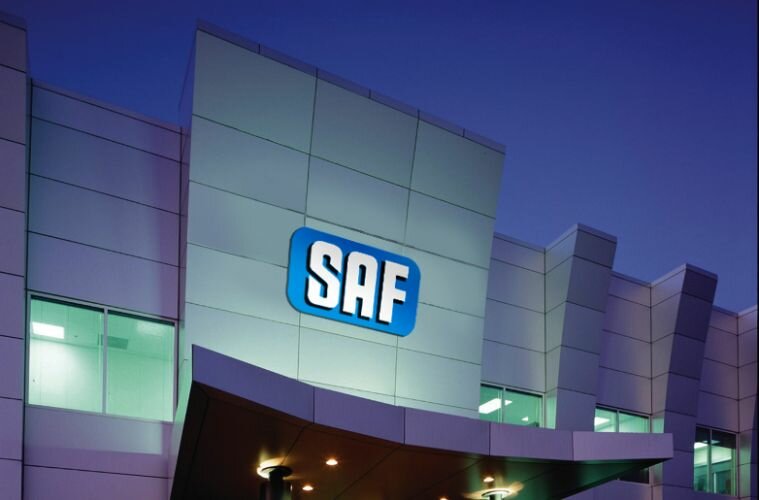
SAF’s new 120,000-square-foot facility in Lithia Springs, Georgia, will feature cutting-edge green technologies to minimize energy consumption and create a healthier work environment. As part of this initiative, a 100-kilowatt solar farm will power the plant, dramatically reducing its reliance on traditional energy sources and lowering its carbon footprint.
According to the U.S. Department of Energy, utility-scale solar systems now generate electricity at a levelized cost of just $.035 to $.05 per kilowatt-hour (kWh) in sunny locations, making it one of the most affordable energy sources available. This cost reduction, primarily driven by the success of the SunShot Initiative, has allowed solar power to compete with traditional energy sources, achieving its goal three years ahead of schedule. As a result, solar photovoltaic (PV) capacity has grown significantly, increasing from less than 0.1% of the U.S. electricity supply in 2011 to over 3% by 2020.
By harnessing energy from the sun, SAF can lower its dependency on fossil fuels, thus reducing greenhouse gas emissions. This aligns with broader industry trends as manufacturers increasingly adopt renewable energy sources to cut costs and meet environmental regulations.
In addition to solar power, the Lithia Springs facility will be equipped with motion-sensing lighting systems. These systems automatically turn off lights in unoccupied areas, reducing electricity use. Motion-sensing technology is a simple but highly effective way to conserve energy. It ensures that lighting is used only when necessary, which can significantly reduce electricity consumption.
According to the U.S. Department of Energy, implementing lighting controls such as motion sensors in commercial buildings can lead to substantial energy savings. Occupancy sensors can reduce energy use by 30-80% in corridors and 45-80% in storage areas.
SAF’s new office space will also feature UV lighting systems designed to sterilize contaminants and reduce the spread of illnesses. UV-C light, commonly used in healthcare settings, is proven to neutralize harmful microorganisms, including bacteria and viruses, by disrupting their DNA and rendering them inactive.
By installing these UV lights, SAF is taking proactive measures to ensure a healthier work environment for its employees. UV-C technology is especially relevant in light of recent global health challenges, such as the COVID-19 pandemic, where indoor air quality and sanitation have become top business priorities.
SAF’s investment in solar power, energy-efficient lighting, and UV sterilization systems underscores its sustainability and operational efficiency commitment. By adopting these technologies, the company is reducing its environmental impact, improving workplace safety, and cutting operational costs. As SAF transitions to its new facility, these innovations position the company for continued growth while meeting the demands of an evolving, sustainability-focused industry.